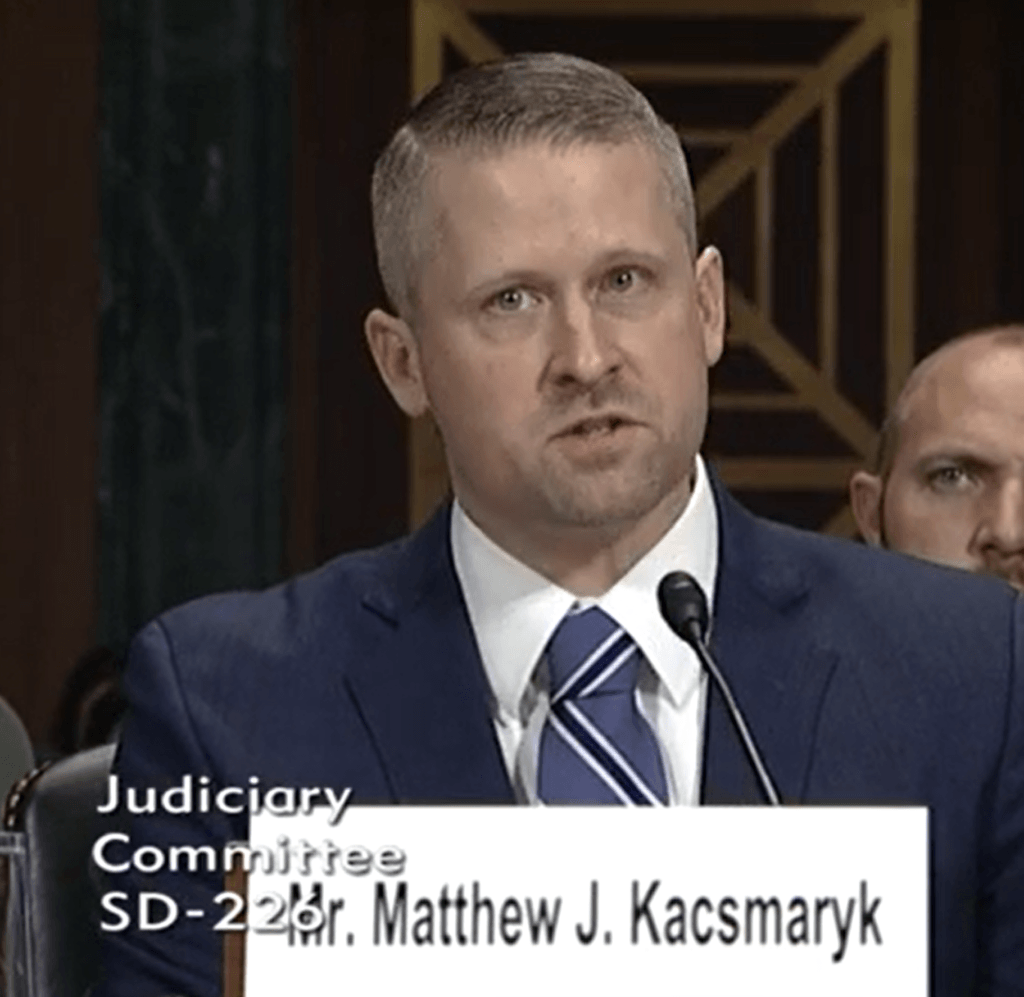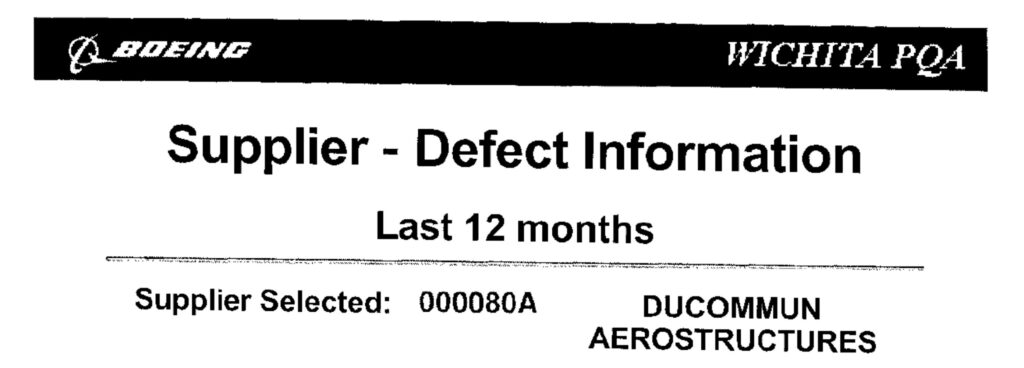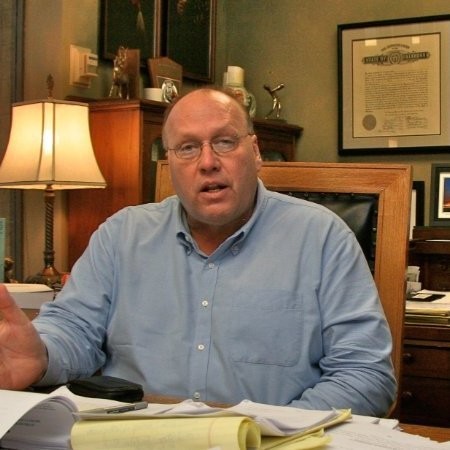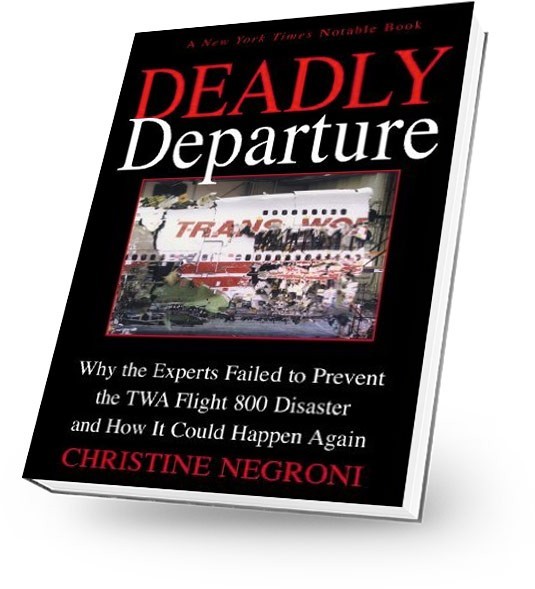
An interesting difference of opinion has emerged among U.S. Federal District Court Judges over whether government agencies have the last word on how they enforce their regulations. A Texas Federal Judge ruled on April 7th, that U.S. Food and Drug Administration improperly certified the abortion pill, Mifepristone and failed to heed the concerns of physicians and associations opposed to it.
This post is not about abortion. It points out the curious relationship of that decision with a contrary one by Kansas Federal Judge Monti Belot in a Boeing manufacturing case.
In 2014, Belot ruled that the Federal Aviation Administration was the final authority when it came to determining whether Boeing was meeting the government’s requirements for assuring quality parts would be installed at the Witchta Assembly plant. This is despite the fact that three whistleblowers provided evidence that substandard parts were being produced, shipped and installed on airliners.

Kansas Federal Judge Monti Belot
The case took years to wend through the courts and was the subject of a searing documentary by the Al Jazeera television network. Nevertheless, Belot ruled that judges and juries were not equipped to second-guess the Federal Aviation Administration.
Not being a lawyer I suspect many caveats have been and will continue to be applied to the question of whether decisions by Federal regulators are appealable. Sweeping statements are usually undone by specific circumstances. Navigating the complexities is what law schools are for.
The Federal government does have sweeping authority over safety in the environment, health and travel to name just a few. This is what makes it so striking that judges could be this far apart on the subject of just where that authority stops.
In the Boeing case, Judge Monti Belot threw out the whistleblower complaint saying “Congress has given the FAA primary responsibility for regulating aircraft manufacture as a means of furthering public safety,” he wrote. “…arguments that FAA investigators lacked the proper expertise or that the investigation was otherwise flawed provide no basis for this court to disregard the FAA’s considered conclusion … ”
In the abortion pill case, however, Judge Kacsmaryk leaned into second-guessing the Food and Drug Administration by suspending its approval of the abortion pill. He quoted a California case that said, “a court does not always owe deference to federal agencies’ positions.”
And defer Kacsmaryk did not. In overruling the FDA’s certification of the abortion pill he found that “FDA acquiesced on its legitimate safety concerns in violation of its statutory duty based on plainly unsound reasoning and studies that did not support its conclusions.”
Belot’s contrary opinion put an end to a lengthy, fascinating and frightening whistleblower suit against Boeing by three employees of its Wichita, Kansas assembly plant, Jeannine Prewitt, Taylor Smith and James Ailes. Read more about it here or via the link to the documentary below.

The three whistleblowers had plenty of damning evidence showing that Boeing and Duocommun, the California-based contractor it hired to fabricate specific parts, disregarded certification requirements on the 737NGs, and some 747s, 757s, 767s and 777s as well. In a lengthy story in the Washington Post, (subscription may be required) a number of outside experts ratified the whistleblowers’ allegations. Here is the crucial paragraph in the Post’s story:
The evidence that Boeing and Ducommun ignored quality controls is “beyond the scope of anything I’ve ever heard of — where an entire inspection system would be bypassed,” said Sammy K. Hanson, the consultant hired by The Post. Hanson, who has worked in aircraft certification for 12 years, said that because the FAA acknowledges that it did not look at parts installed on planes, “every one of these parts [in the lawsuit] is ‘unapproved.’ “
Approved or not, within certification or not, that is not the point according to Judge Belot. The regulator gets to say if a regulated company is compliant.
Tell that to Judge Kacsmaryk who found “F.D.A. acquiesced on its legitimate safety concerns — in violation of its statutory duty — based on plainly unsound reasoning and studies that did not support its conclusions.”
Laypeople can be excused for feeling discombobulated that two men, significant enough to be called “Your Honor” can read the same law books and come to such different conclusions. William Skepnek, the lawyer who represented the whistleblowers explained it this way.

Whistleblower attorney William Skepnek
The judges are using the kind of language that leaves wiggle room, he told me. “This way they can go whichever way they want to go.”
Skepnek said, “The Kansas Judge says, ‘the FAA hasn’t said this is bad therefore I can’t say its bad’. And the right-to-life judge says ‘the FDA didn’t appropriately look at this detail, therefore I’m going to find it bad.'”
Had the Boeing whistleblower case been in front of Judge Kacsmaryk, would the claims of defective manufacturing have been upheld? Would the FDA’s position on the safety of Mifepristone have been upheld had it been in front of a judge like Belot? Is the law in America applied evenly and with justice for all? Sometimes the answers are distressingly unclear.
Boeing Workers Warn of 737 NG Structural Problems – Then 4 Planes Fracture

Author of The New York Times bestseller, The Crash Detectives, I am also a journalist, public speaker and broadcaster specializing in aviation and travel.








